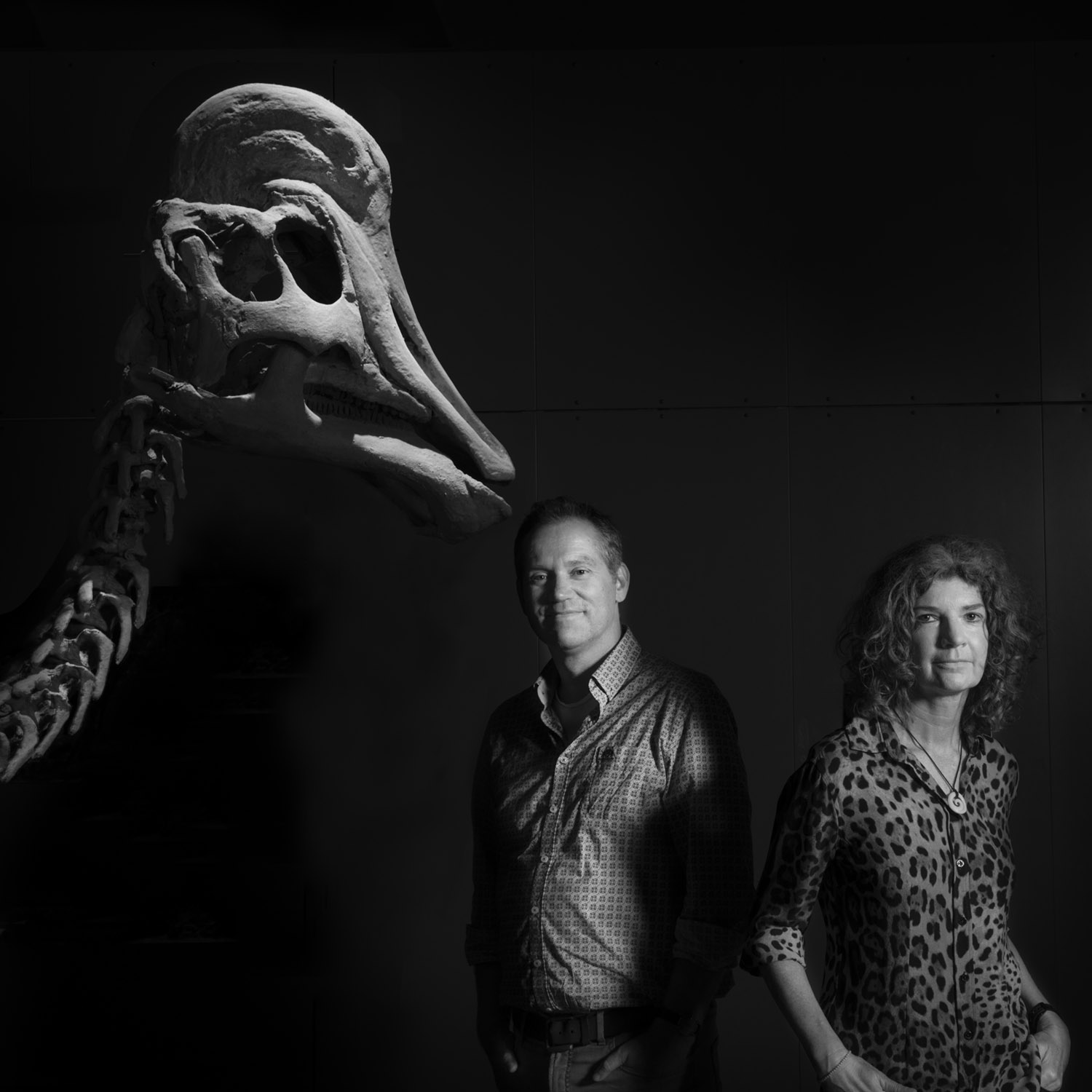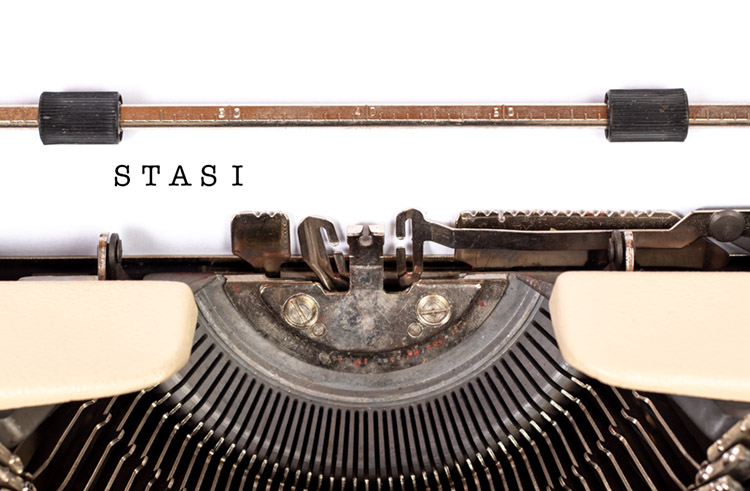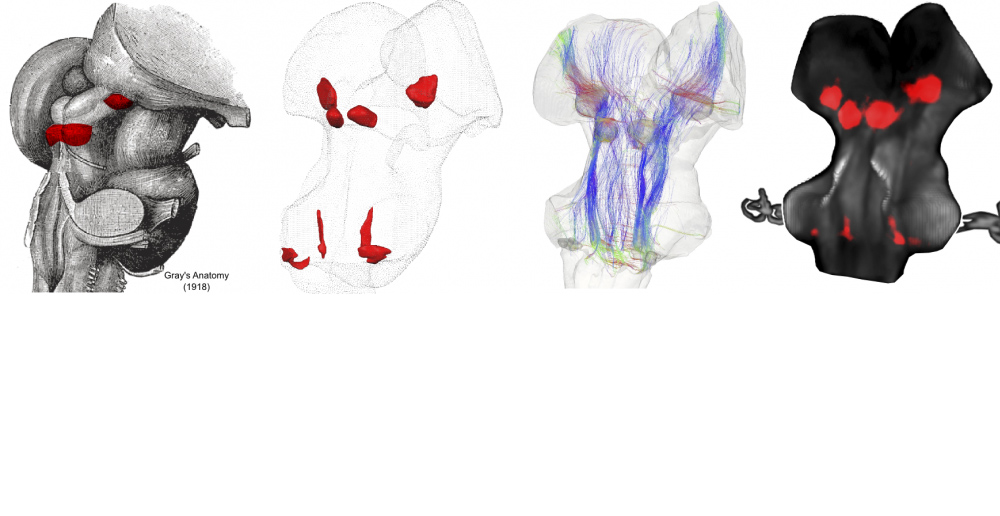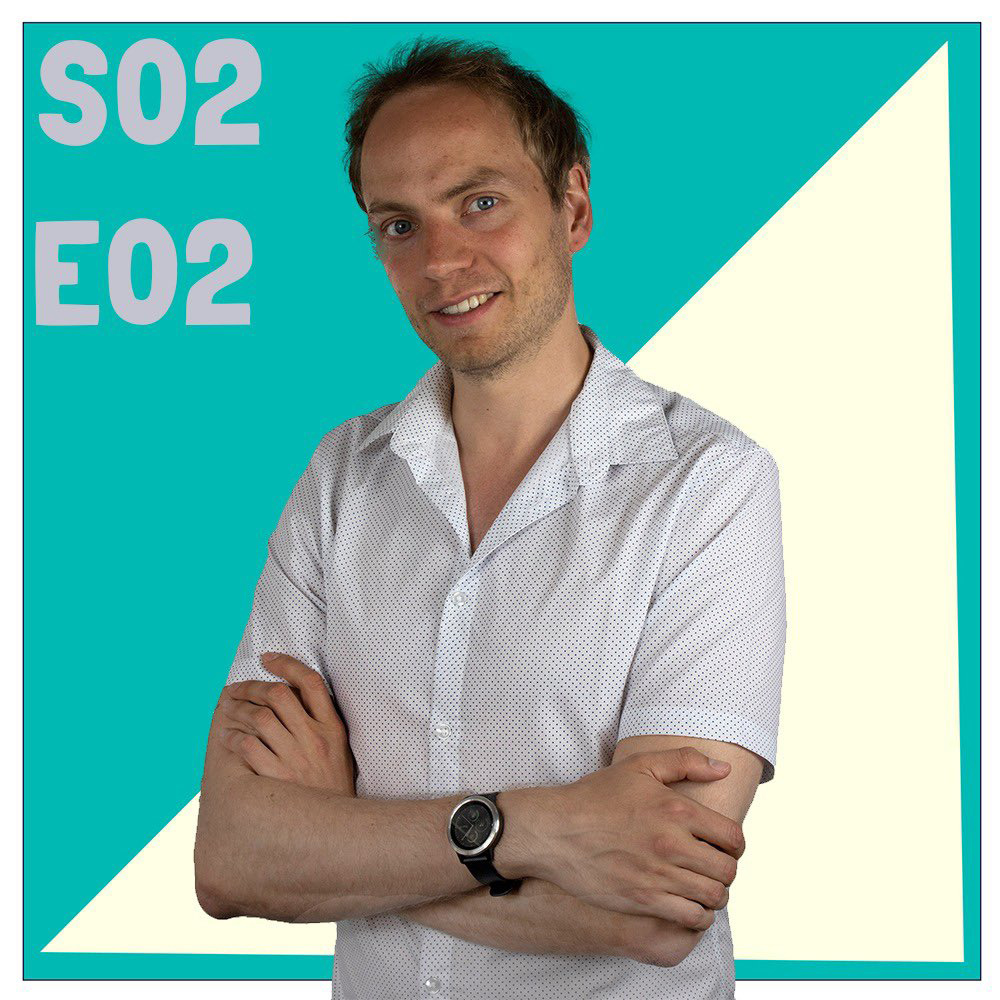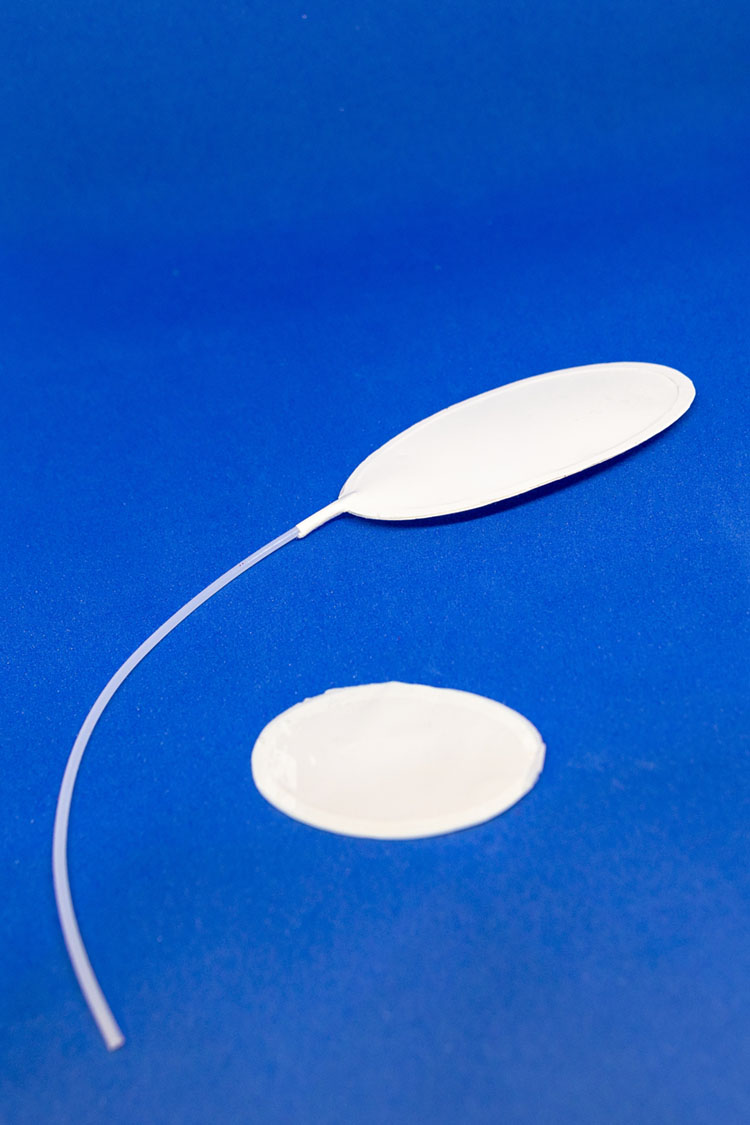News
-
Until recently, palaeontology and evolutionary biology were not among the key disciplines at UM. This is set to change, say the newly appointed professors José Joordens and Leon Claessens.
-
As a visiting scholar at the Max Planck Institute for the History of Science in Berlin, Professor Karin Bijsterveld is eavesdropping on Stasi wiretaps and reading files in an attempt to understand how the organisation struggled with sounds, vaulting ambition and big data issues.
-
Can she explain the second brain to children? For her discovery of the involvement of the Enteric Nervous System (ENS) in colorectal cancer, Veerle Melotte has been nominated for the Klokhuis Wetenschapsprijs. That might give her the chance to share her research – and possibly get a foot in the door...
-
On the 2nd of September, there was a kick-off of the City Deal Creating Knowledge Maastricht (CDCK> M), a project in which 175 students from Zuyd Hogeschool and Maastricht University participate. These students are committed to improving the quality of life in Mariaberg and Randwyck. In the past 6...
-
A conversation with the Dane Peter Møllgaard, professor Industrial Organisation and dean of the Maastricht School of Business and Economics (SBE), on role models, family, sustainable energy and the best risotto. On Friday 1 November he will deliver his inaugural lecture.
-
Research on the legal issues surrounding new technologies has become a fixture at most universities. What has received less attention is how AI itself can be applied in the study and practice of law. This is where the Maastricht Law and Tech Lab comes in.
-
Faruk Gülban joined the Faculty of Psychology and Neuroscience (FPN), 5 years ago, to map the auditory system in the living human brain.
-
What’s the matter? Everything! Everything is matter! Even the opposite of matter, anti-matter, is actually just matter. But then mirrored over in time, space and charge. Complicated stuff, but not for Dr. Jacco de Vries.
-
Almost 150,000 people in the Netherlands suffer from type 1 diabetes. Aart van Apeldoorn, diabetes researcher at the Institute for Technology-Inspired Regenerative Medicine (MERLN), hopes to do away with the insulin syringe by means of an implant known as the ‘tea bag’
